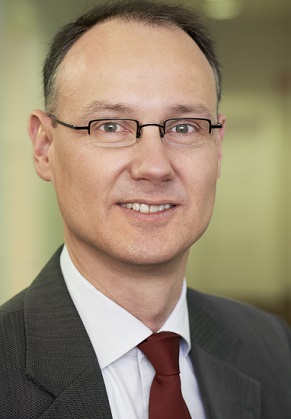Martin Ewald, you are responsible for the investments in forest protection projects. It took many years to realize your investment in Rimba Raya. Now, this area of Borneo is the largest certified forest protection project worldwide. Is such an outlay worthwhile?
It was touch-and-go with the Rimba Raya project in Borneo on many occasions. Shortly after our first visit in 2010, the government decided to reduce the size of the area which had just been approved. We were competing with influential palm-oil interests. There are many reasons why we were able to win out in spite of this. As well as the tireless work of the project developer Infinite Earth, there was also the prospect of financial support from Allianz. In the meantime, the IT giant Microsoft has also invested, along with many others.
Rimba Raya is already Allianz's second investment in forest protection. We have been able to show, through our commitment, that the REDD (Reducing Emissions from Deforestation and Degradation) mechanism – which certifies forest protection projects according to transparent standards – can function not only in Africa, but also in other areas where economic interests and climate protection come into conflict.
It also provides a long-term perspective for the people and nature locally. The project area offers a protection zone for a neighboring national park that is home to the Borneo Orangutan which is facing extinction as well as to many other rare animals and plants. In addition, the project finances a sustainable livelihood for the local people, as it has prevented the resettlement of 14 communities, and funds from the project are earmarked for building schools and for providing training measures, among other things. So it’s about a lot more than just forest protection.

